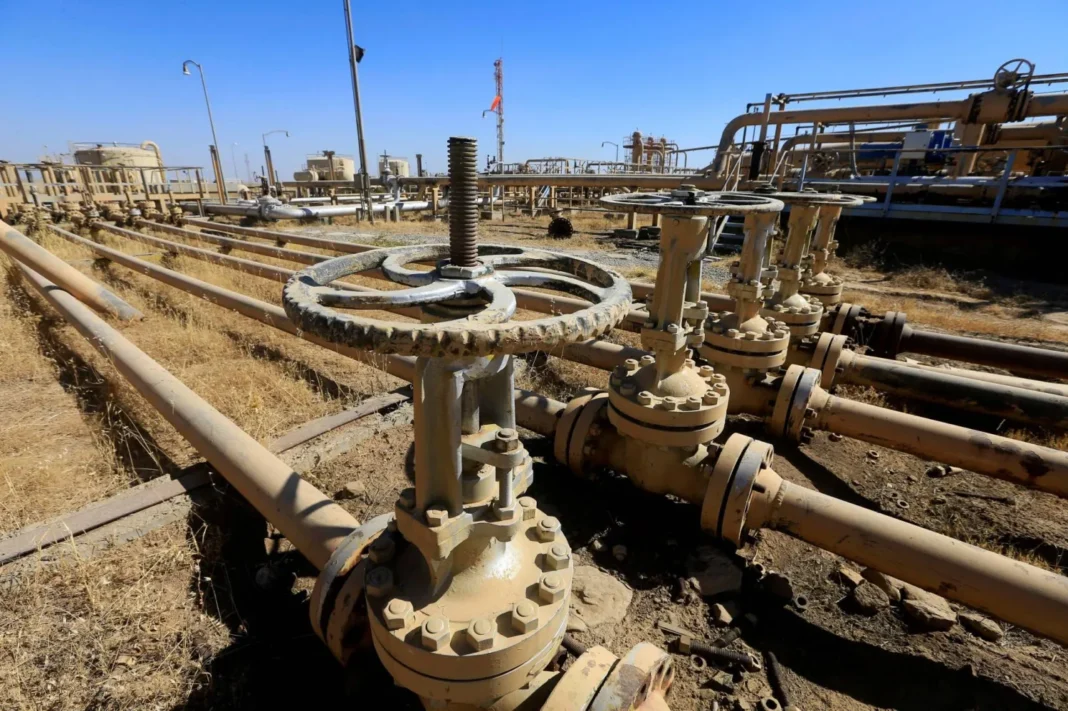Iraq Backs Oil Expansion The Iraqi Cabinet has approved a major step toward oil development by greenlighting talks with Chevron. The government authorized the Ministry of Oil to sign a non-binding Memorandum of Principles with the American energy giant. This move reflects Iraq’s growing ambition to strengthen and expand its oil sector.
Iraq backs oil expansion plan in several regions through this proposed agreement. The Prime Minister’s office confirmed the Memorandum aims to guide further negotiations. These talks focus on three major targets. First, Chevron will look into the Nasiriyah Block Project. This area includes four promising exploration blocks, labeled A, B, C, and D.
Second, the plan includes the development of the Balad oil field. This field holds untapped potential and could boost national oil output. Additionally, Iraq and Chevron may agree to develop more oil fields or explore other blocks in the future. This flexibility opens doors for expanded cooperation.
The Memorandum of Principles will help both sides discuss shared goals clearly. However, the agreement itself remains non-binding. Even so, it serves as a foundation for long-term collaboration. Both parties can move forward with greater confidence in the process.
Meanwhile, Chevron has grown stronger after completing its purchase of Hess Corporation. This major acquisition gives Chevron more resources and expertise to invest in international projects. Iraq seems eager to benefit from Chevron’s new capacity.
In addition, Iraq backs oil expansion plan with major international companies to rebuild its economy. Chevron’s involvement may bring advanced technologies, faster exploration, and modern oilfield development. These improvements could raise production levels and create jobs in the energy sector.
Moreover, by involving a global partner like Chevron, Iraq signals it wants to attract more investment. The country has long struggled with aging infrastructure and unstable energy output. With new partnerships, Iraq can hope to modernize its oil industry and improve energy security.
Although the Memorandum is non-binding, it shows a clear direction for Iraq’s oil strategy. The Cabinet’s decision demonstrates confidence in Chevron’s capabilities. As talks continue, both sides may outline specific projects, timelines, and investment plans.
In conclusion, Iraq backs oil expansion plan as part of its broader economic strategy. Oil remains the country’s biggest revenue source. Expanding oil fields and exploring new areas can help Iraq recover from past challenges and look toward future growth.


